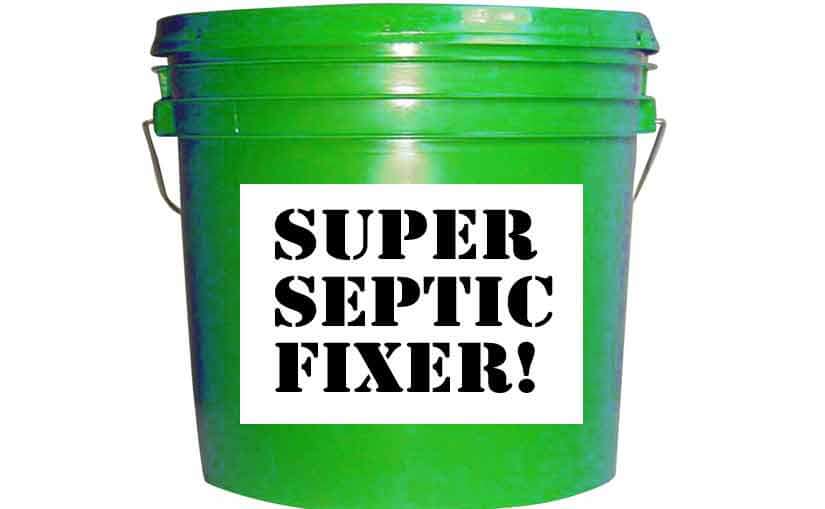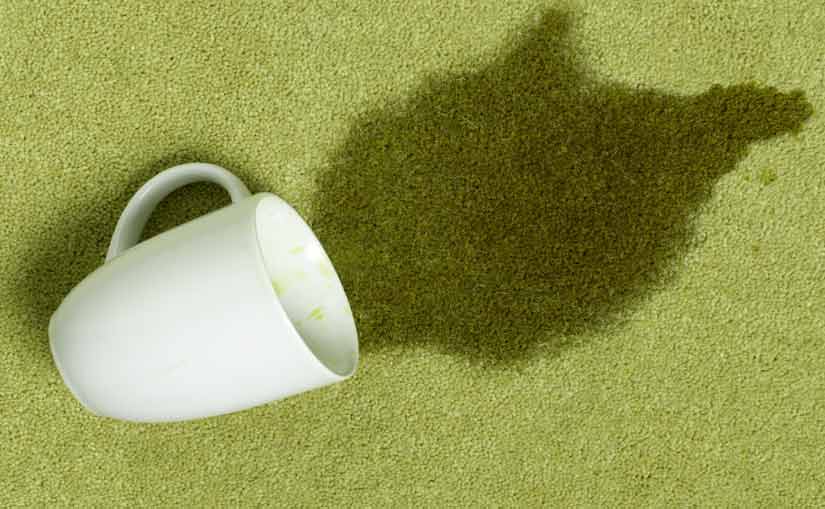No one wants that. But there came a time when you encountered a slow draining septic tank. One day, you got home from a month’s immersion in another country’s rural area. The first thing you wanted to do was to take a shower. It was a long, hot shower but the used water didn’t go down as fast as you remembered. When you brushed your teeth, the sink didn’t drain quickly either.
It wasn’t supposed to bother you that much but there was septic odor wafting out into your bathroom already. You called your septic expert to help you with the dilemma you’re having. It wasn’t the experience you wanted when you got home. You had to correct the problem and there was no other way but for your septic expert to make things better.
When your septic expert arrived he shared a few things that you had to know about what might have caused the slow draining septic tank:
1) Water load increase
Heavy rain fall and heavy laundry loads cause a sudden water load increase. During heavy rains, the septic tank and the drain field absorb excessive amounts of water. The entry of rainwater prevents the wastewater from entering the system. This therefore contributes to the slow draining of the septic tank. If you don’t have a dry well installed to catch the grey water from the washing machine and the dishwasher, doing heavy loads of laundry drastically increases the septic tanks water load. This stirs up the sludge in the tank and blocks the system entirely, making the drainage slow.
2) Clogs
Clogging can be caused by the penetration of hardwood roots into the septic tank. Hardwood roots are complex root systems that really go deep and occupy the space that was meant for the incoming wastewater. If you dump non-biodegradable materials and grease, you just add to the worsening f the septic tank clogging. These substances only stay in the tank and cannot be degraded by the resident bacteria. You have to refrain from doing this if you don’t want a slow draining septic tank.
3) Damage
Damage to the septic tank can be a result of soil compaction and the invasion of the invasive roots. The heavy structures or vehicles on or near the septic tank crush the physical structures of the tank. Cracks make it possible for leaks to come out and these prevent the wastewater from entering the tank causing a slow draining septic system.
4) Zero bacteria
Using harsh chemicals and antibacterial solutions should not be used on your septic system because these products instantly kill off the resident bacteria. The septic system needs the bacteria to break down the solid waste materials. Change into bacteria-friendly and environment-friendly cleaning products to care for the bacteria while you do a great job in cleaning your house.
5) No pumping out
Make sure that you always adhere to the pumping schedule that you agreed with your septic expert. Pumping out depends on the number of people present in your home. If you have two people living there, you have to pump out your tank every three years. If you have up to five people there, then you should have it pumped every 2 years. For a household that has 6 or more people, a yearly pump out are a must. You have to make sure that the sludge level remains normal so that it won’t overwhelm the tank and occupy the space meant for wastewater treatment.
Your septic expert told you that you should’ve told your housekeeper not to have dumped all the grease and non-biodegradables through the garbage disposal unit. The appliance doesn’t change the composition of the grease and non-biodegradable materials. If the practice continued for a bit longer, then the septic tank problem might have been worse. You thanked your septic expert and heaved a heavy sigh of both relief and sadness. Hopefully, the septic tank problem won’t recur anymore and you can prevent a slow draining septic system.



